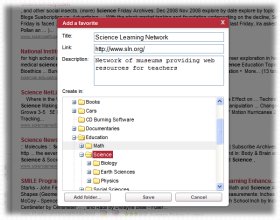|
Education
Web
Viewing 1-1 of 1 total results
molecules (firework explo- sions). b. The total energy in an isolated system remains constant regardless of transformation. (Whenever the amount of en- ergy in one place or form diminishes, the amount in other places or forms increases by an equivalent amount.). c. Whenever energy is transformed fro...
1
0
molecules (firework explo- sions). b. The total energy in an isolated system remains constant regardless of transformation. (Whenever the amount of en- ergy in one place or form diminishes, the amount in other places or forms increases by an equivalent amount.). c. Whenever energy is transformed from one form to another, some energy becomes less available (heat) energy (ENTROPY = heat/temperature e.g., such as from engines, electrical wires, how-water tanks, our bodies, stereo systems). S9-12:24 Students
50
0
http://education.vermont.gov/new/pdfdoc/pubs/grade_expectations/science.pdf#page=50
education.vermont.gov/new/pdfdoc/pubs/grade_expectations/science.pdf#page...
molecules (firework explo- sions). b. The total energy in an isolated system remains constant regardless of transformation. (Whenever the amount of en- ergy in one place or form diminishes, the amount in other places or forms increases by an equivalent amount.). c. Whenever energy is transformed from one form to another, some energy becomes less available (heat) energy (ENTROPY = heat/temperature e.g., such as from <span class="highlight">engines</span>, electrical wires, how-water tanks, our bodies, stereo systems). S9-12:24 Students
|
